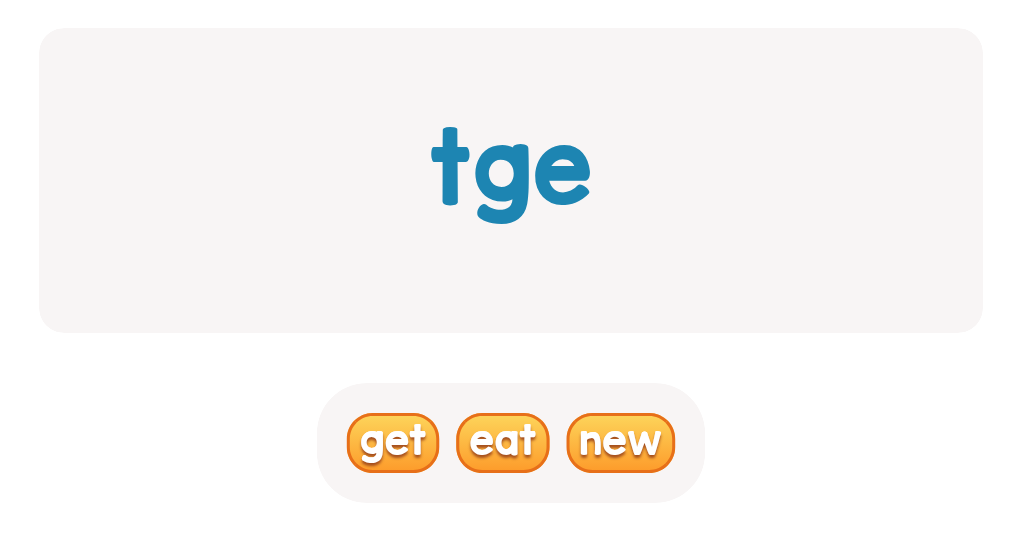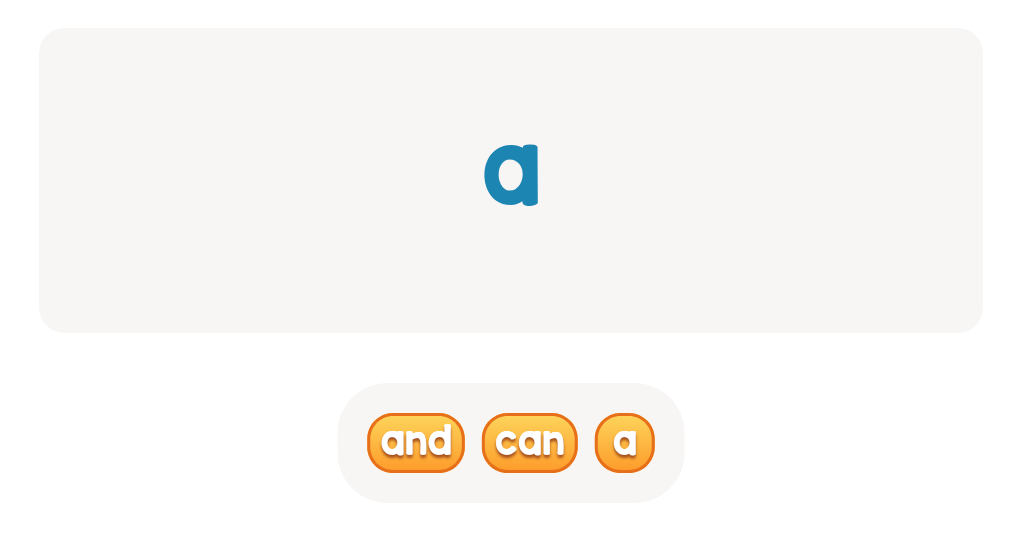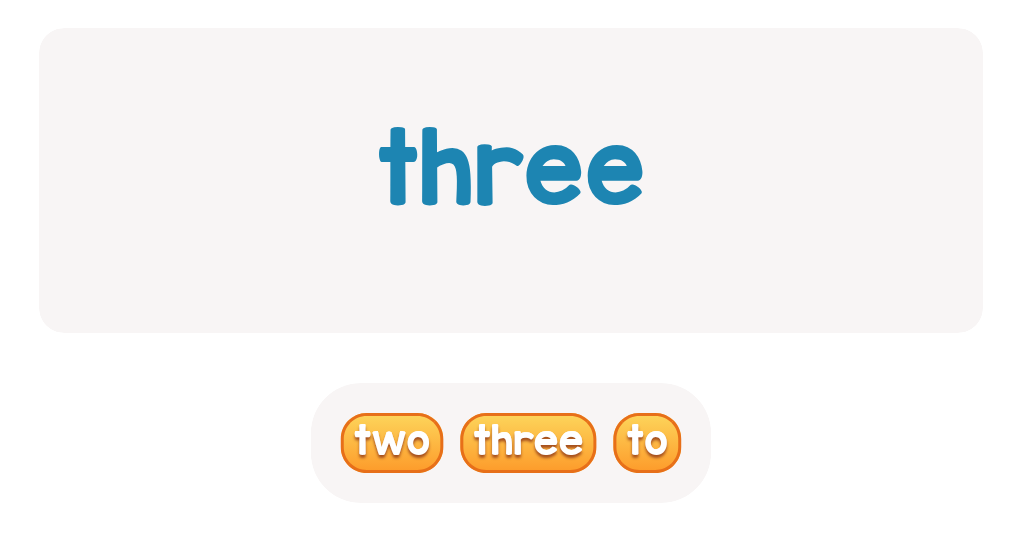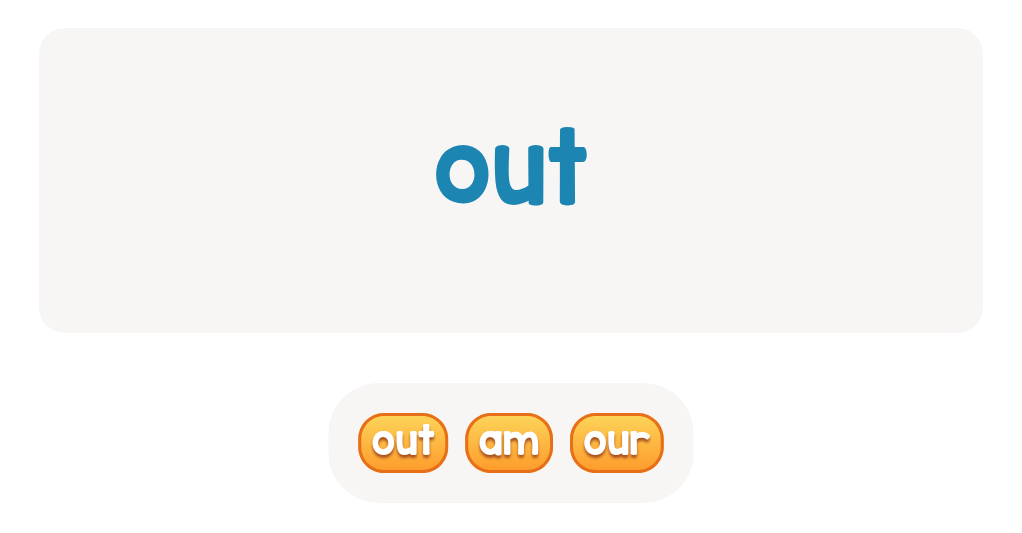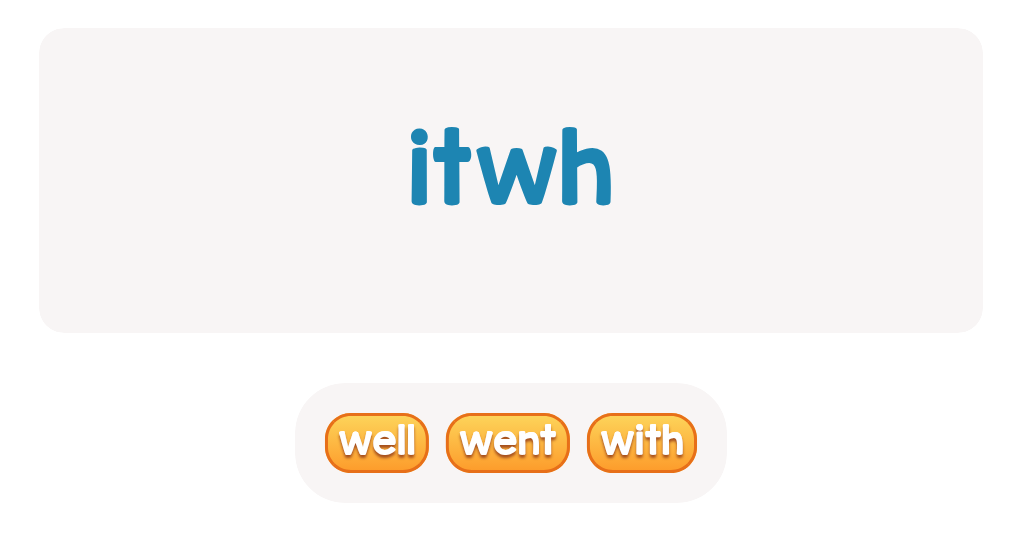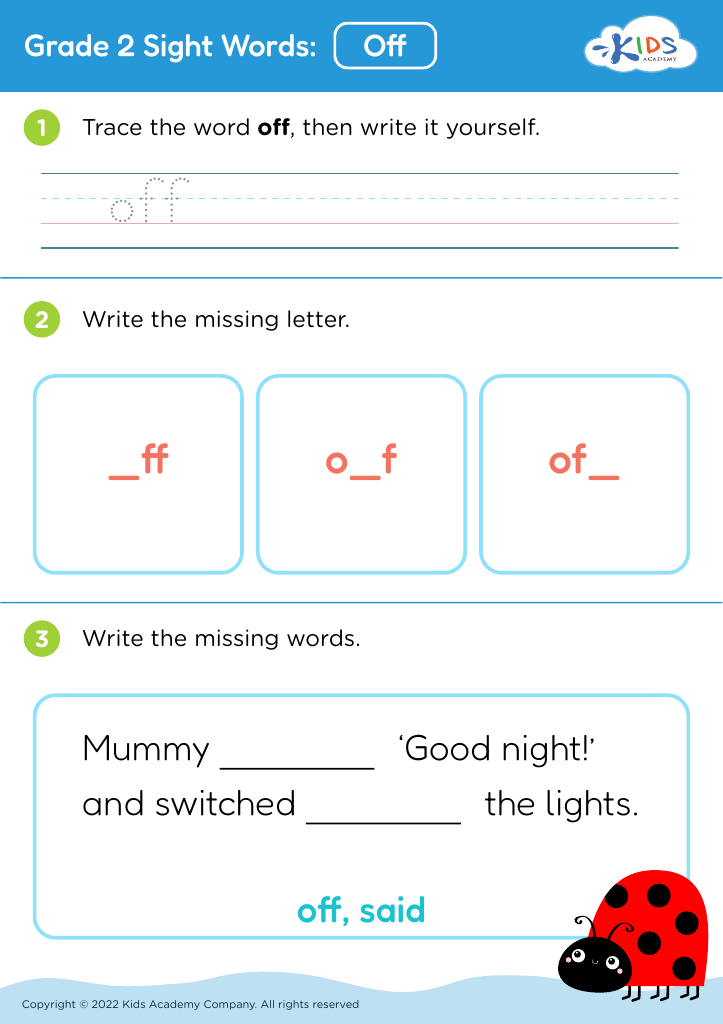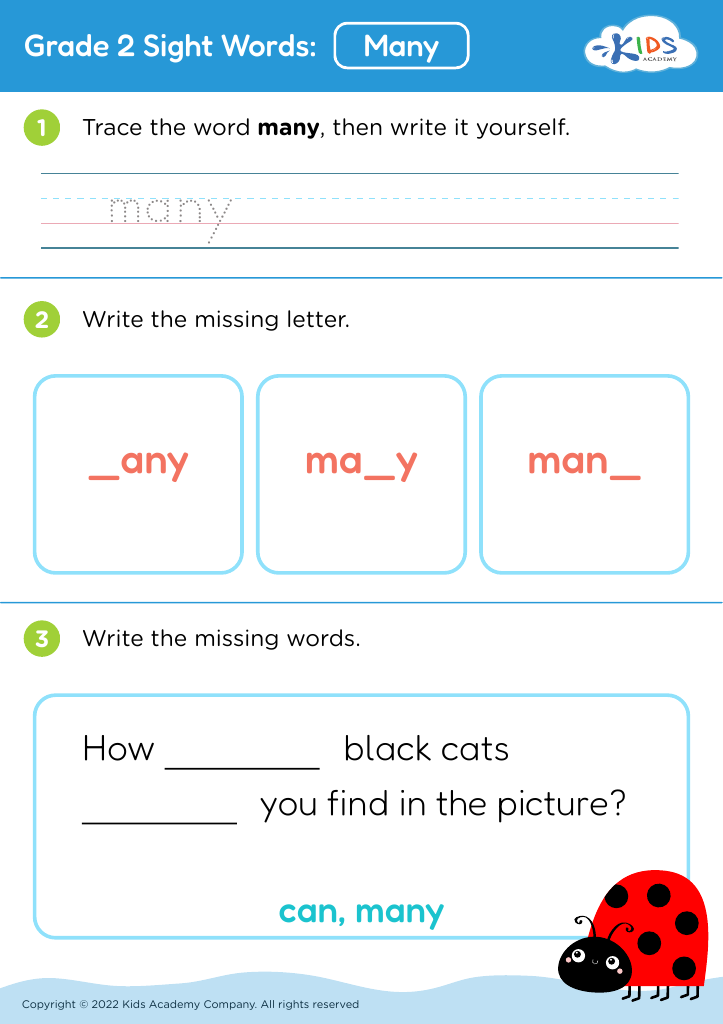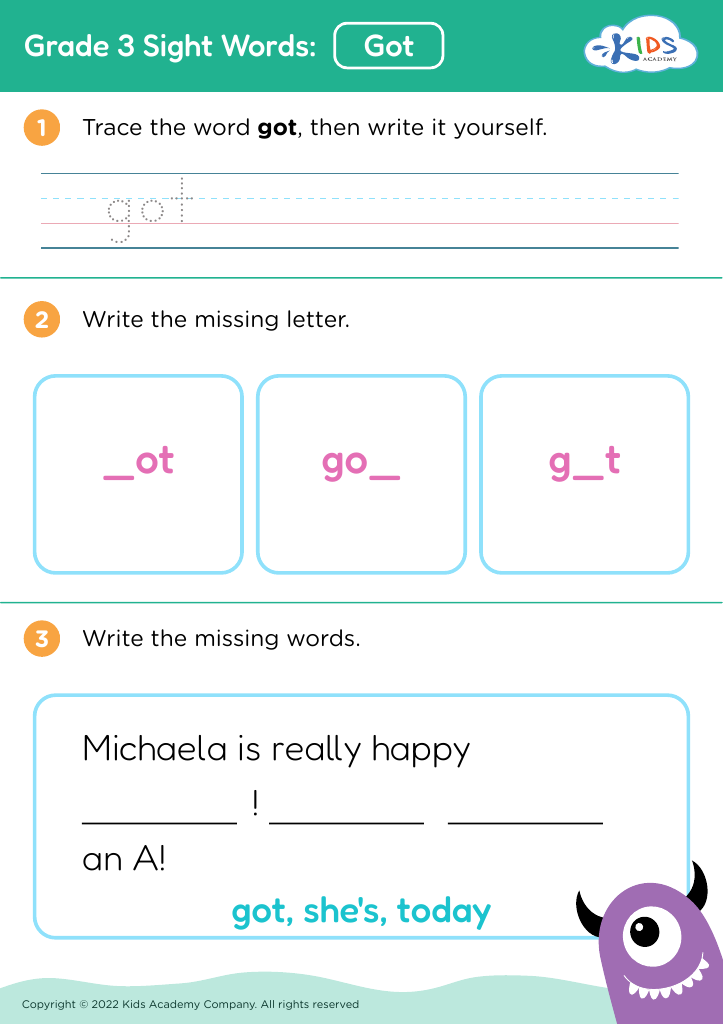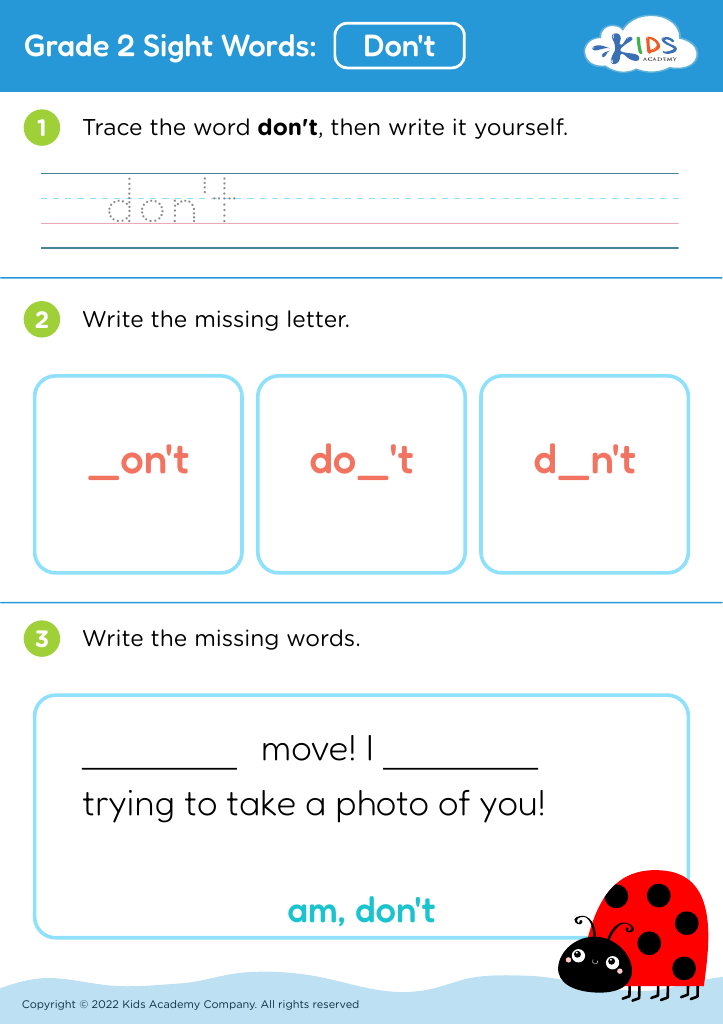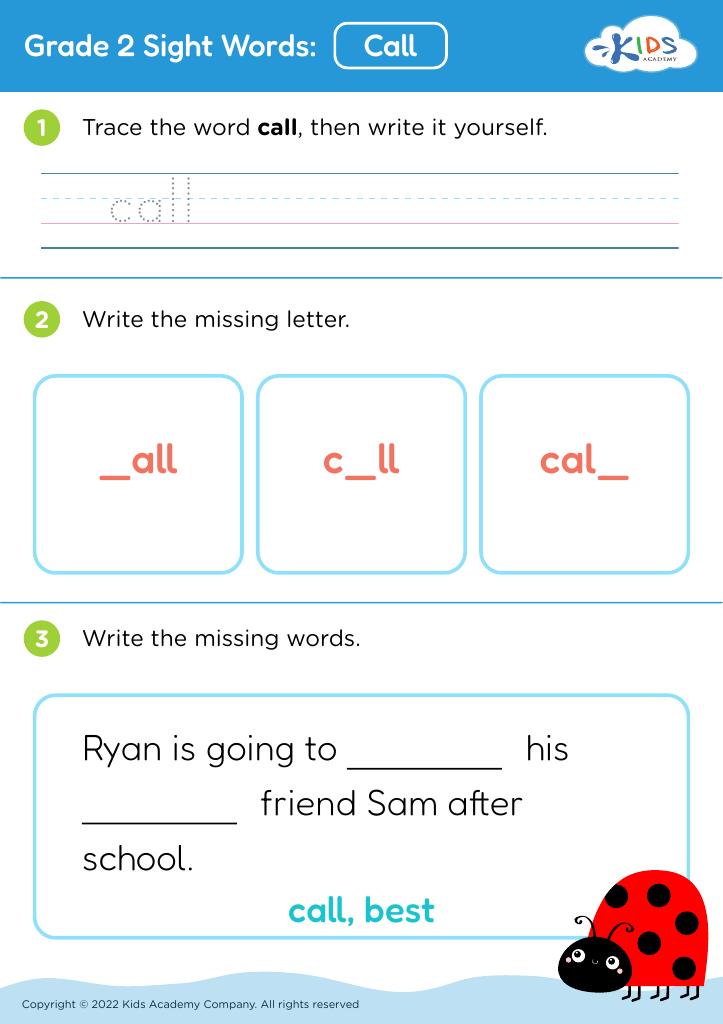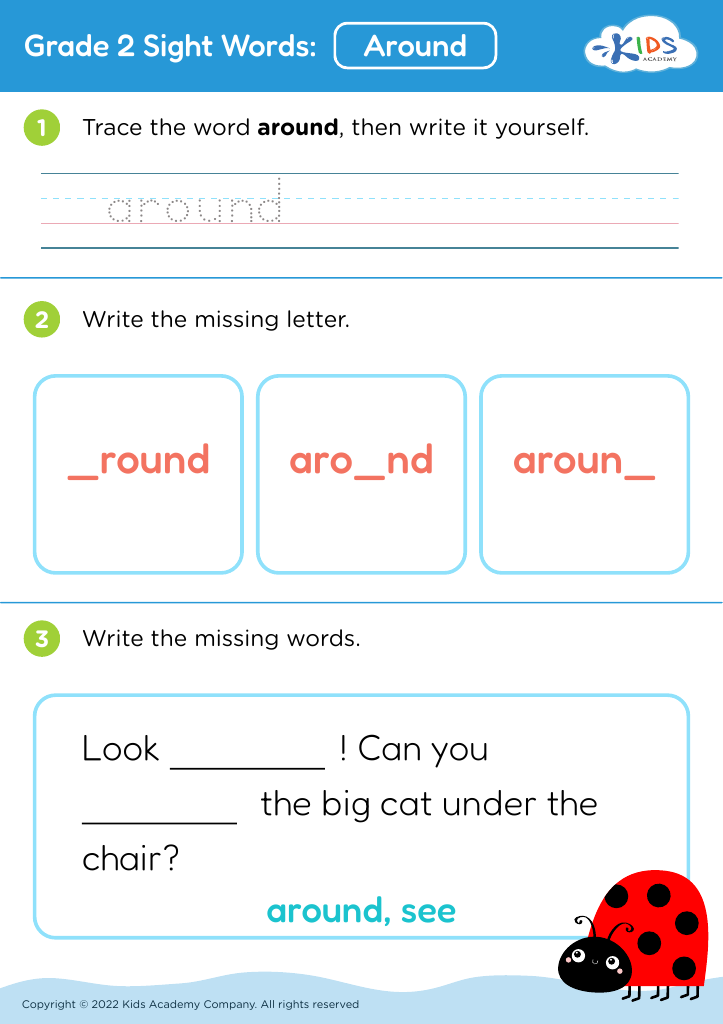Understanding fractions Building Vocabulary Worksheets for 8-Year-Olds
23 filtered results
-
From - To
Welcome to our "Understanding Fractions: Building Vocabulary Worksheets" specifically designed for 8-year-olds! These engaging worksheets aim to reinforce essential fraction concepts while expanding vocabulary. Children will explore a variety of activities that promote comprehension, such as identifying fractions in real-life contexts, word problems, and vocabulary matching exercises. Our expertly crafted materials are not only educational but also fun, making learning about fractions enjoyable. Whether in the classroom or at home, these worksheets are an excellent resource for educators and parents alike. Help your child strengthen their mathematical vocabulary and build a solid foundation in fractions today!
Understanding fractions is crucial for 8-year-olds as it lays the foundation for more advanced math concepts and everyday problem-solving. At this age, children transition from concrete understanding to abstract reasoning. Fractions represent parts of a whole—a concept frequently encountered in diverse contexts such as cooking, shopping, and measuring. When parents or teachers prioritize understanding fractions, they equip children with vital skills that promote critical thinking and numeracy.
Building vocabulary related to fractions enhances comprehension and communication. When children learn terms like numerator, denominator, equivalent, and mixed numbers, they can articulate their mathematical reasoning effectively. This vocabulary enrichment facilitates collaborative learning; students can share findings, engage in discussions, and ask relevant questions, fostering a deeper grasp of the subject.
Moreover, a solid foundation in fractions develops persistence and resilience, vital traits in learning. Encouraging exploration in fraction concepts fosters confidence, helping children approach more complex topics with ease and enthusiasm. For parents and teachers, nurturing both understanding and vocabulary is essential not only for academic success but also for preparing children to navigate a world where mathematical literacy is increasingly important in everyday life.

